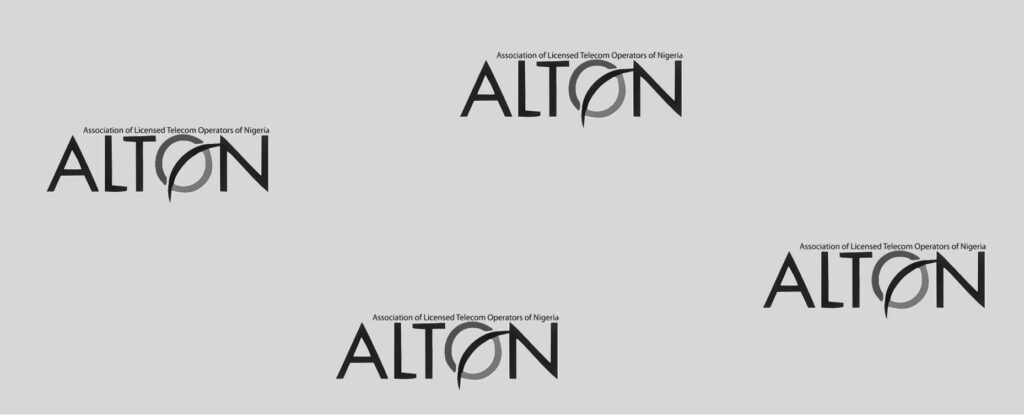
The Association of Licensed Telecommunications Operators of Nigeria (ALTON) has expressed concerns that the government’s focus on generating revenue through spectrum sales is leading to increased internet service costs in Nigeria.
During a meeting with the Minister of Communications and Digital Economy, Dr. Bosun Tijani, ALTON, the representative body of mobile operators, discussed various challenges facing the telecom sector. ALTON’s Chairman, Engr. Gbenga Adebayo, emphasized that the government should view spectrum not just as a revenue source but as an asset crucial for national development, socio-economic growth, and human advancement.
To clarify, the telecom spectrum is akin to an invisible highway that enables your phone and other wireless devices to connect with the network. Mobile service providers purchase portions of this spectrum from the government to ensure robust connections for calls, texts, and data.
Last year, the Nigeria Communication Commission (NCC) projected over N500 billion in revenue from the 5G spectrum for the 2023 fiscal year. This followed NCC’s report of remitting N195 billion to the government from spectrum revenue in Q1 2022.
Adebayo stressed that spectrum availability and affordability are vital for supporting the federal government’s digital economy ambitions, aligning with the Nigerian National Broadband Plan (NNBP 2020 – 2025).
Additionally, he expressed concerns about the ongoing review of Frequency Pricing Regulations by the NCC, fearing that it could lead to significant price hikes in frequency spectrum.
In response to various telecom industry issues, including right-of-way charges and telecom equipment vandalism, the Minister disclosed his plans to establish two independent think tank groups. He urged ALTON to collaborate with these groups to ensure a balanced approach that doesn’t hinder the private sector or undermine government interests.